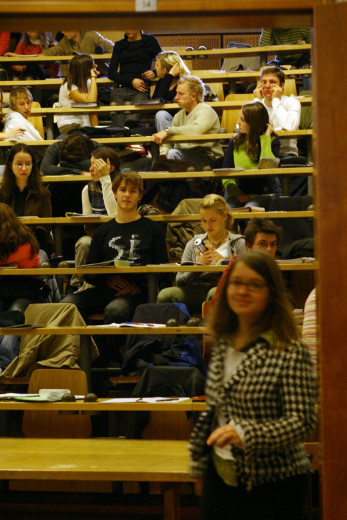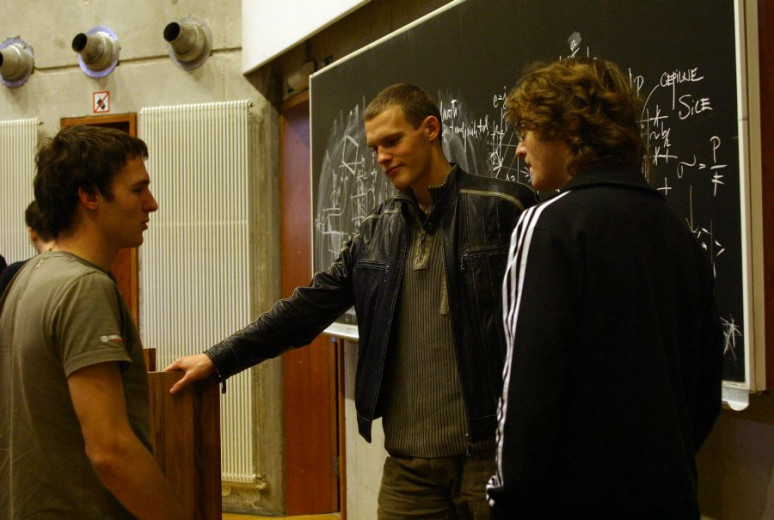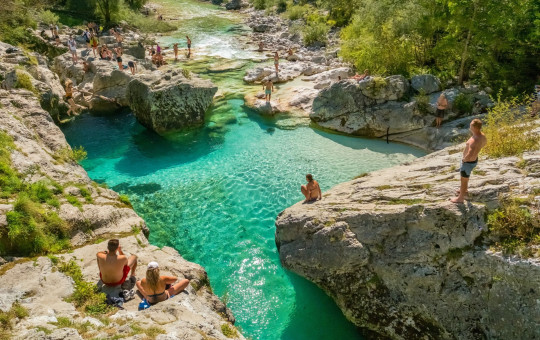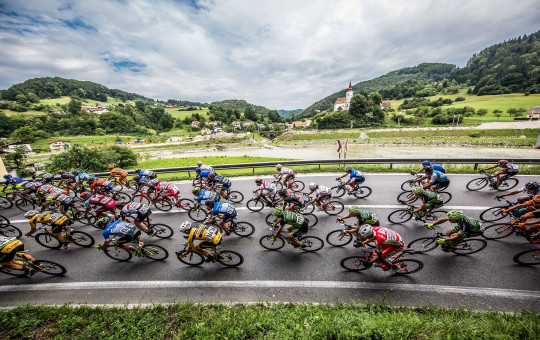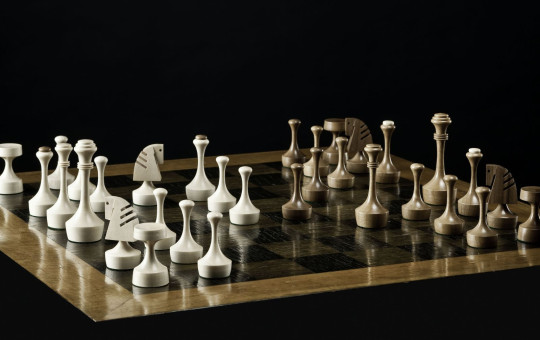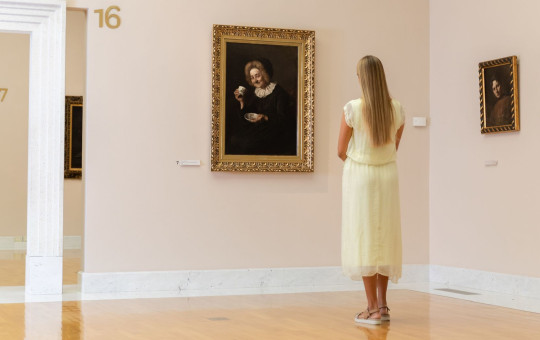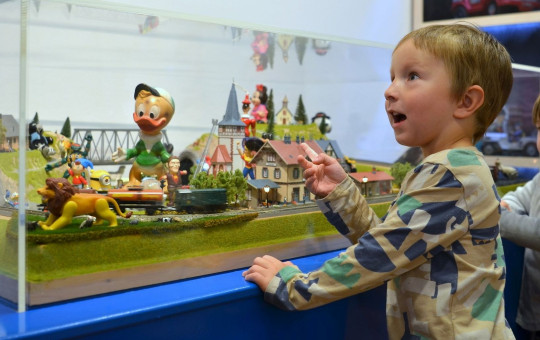From year to year a growing number of students come to study in Slovenia, currently 6.504, the majority of them still from the former Yugoslav countries. Along with the increasing interest among students from third countries in studying in Slovenia, the demand for study programmes in English is also increasing.
What are the advantages of studying in Slovenia?
Universities around the world strive to attract as many (good) foreign students as possible. This boosts their rankings, as the number of foreign students is among the ranking criteria. A higher ranking entails greater recognition in the global market and helps it to attract the best possible students and researchers; this allows universities financial, and consequently academic, independence.
Viewed through the eyes of a foreign student, it quickly becomes clear how much, as yet undiscovered, potential Slovenian educational institutions have.
It becomes clear that Slovenia has an excellent starting point to, taking into account a number of factors, become a country that is world-renowned for its high-quality education system.
Good and affordable education – foreign students pay ten to twenty times less for comparable study programs in Slovenia than in the countries that are traditionally the most popular countries for study abroad (the USA, the United Kingdom, Canada, Australia, etc.).
Benefits for students – students in Slovenia receive many benefits – from reduced fare prices, tickets, student vouchers and free use of libraries.
Numerous study exchange programmes.
Tutoring programme.
Slovenia's excellent location in the heart of Europe is a perfect base for traveling around Europe. Due to its small size and geographical diversity, it is not unusual to ski in the Alps in the morning and indulge in the shining sun in the afternoon at the Adriatic Sea.
Most Slovenes speak English very well, so foreigners have no problems communicating.
Slovenian language and culture are close to other Slavic nations (that is why especially Russian-speaking students increasingly decide to study in Slovenia)
Food – Slovenia is an extremely gastronomically diverse country, where the influences of neighbouring countries intertwine.
Culture – Slovenia is the only country in Europe that celebrates a national cultural holiday (February 8 – the day of France Prešeren's death) and one of the few that does not have a statue of a soldier in the main square, but of a poet.
The importance of learning the Slovenian language
Although the number of study programmes in Slovenia that are also conducted in English is growing from year to year, one can still not overlook the fact that the vast majority of programmes at Slovenian educational institutions are conducted exclusively in Slovene. Nevertheless, it is rare for an educational institution in Slovenia to include a demonstrable knowledge of the Slovene language at the B2 level as an enrolment conditions, which is a standard requirement of many foreign universities (such requirements can also be found at Austrian, German, British and Czech universities). However, the absence of a requirement for a proficiency certificate in Slovenian does not mean that students do not have to learn the Slovenian language before enrolment, as without knowledge of the language they will not be able to attend lectures, write seminar papers and pass exams. Students themselves are well aware of this fact, as most of them are most worried about not being able to learn the language quickly enough before moving to Slovenia.
Slovenia boasts an excellent and affordable education system; diplomas from Slovenian educational institutions are recognised and appreciated around the world, and students are able to study in one of the most beautiful, naturally most diverse and safe countries in the world.
If we ensure that studying in Slovenia is even interesting and competitive for international students from the point of view of language integration, the benefits will be felt not only in academic spheres, as the influx of students from abroad always has positive cultural and financial consequences that could consolidate Slovenia's reputation as a modern European country that is not afraid of progress.
Trajče Andreev, North Macedonian student at the Faculty of Economics of Maribor: "Slovenia taught me calmness and a more open view of Europe and the world."
The decision to study in Slovenia was not difficult. Trajče found some information about Slovenian faculties online, and obtained some from his friends who had already been studying in Maribor. "Excellent conditions for professional experience of students, and a high ranking of Slovenian faculties at the international level, were the main reasons for my choice. The desire intensified further when I learned that university study for Macedonian students was free. This confirmed my decision, for which I received the full support from my parents," Andreev recalls. "Foreign students, including us from Macedonia, choose the student residence that is the closest to our faculty. Student residences in Slovenia are comfortable, safe, with fast internet access, nicely decorated and equipped with furniture and appliances that are necessary for the daily life of students. Foreign students have priority on waitlist, which was another additional reason why I decided to stay in a student residence."
Trajče also likes to socialise with Slovenian friends. He says that they are more calm, receptive and cultured in their behaviour compared to other Balkan nations, and all that all his previous experiences with them have been positive.
Date: 16. July 2020
Time to read: 3 min

